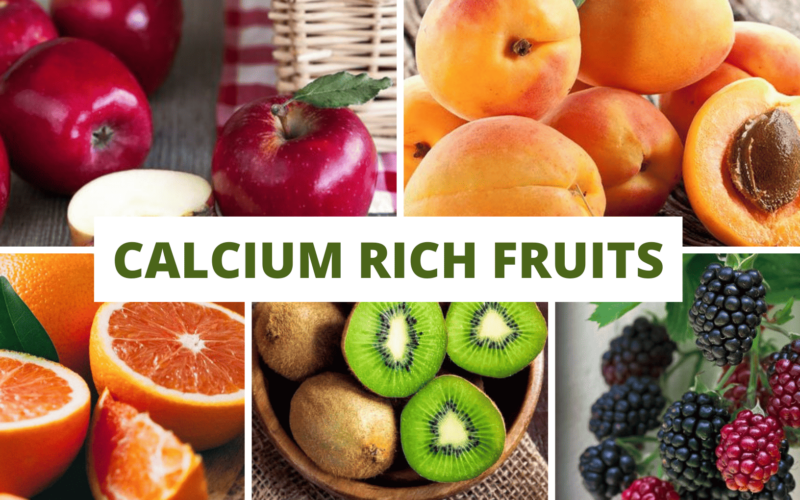Do you want to make your bones stronger while enjoying delicious fruits? Many people think only dairy products have calcium, but some fruits pack a surprising calcium punch, too.
Adding these fruits to your diet can help you meet your daily calcium needs in a tasty way.
Oranges contain 45 to 50 mg of calcium per 100 grams , making them one of the best fruits for calcium. They’re also full of vitamin C and fiber.
Other calcium-rich fruits include kiwis, blackberries, and figs. These fruits not only help your bones but also give you other health benefits.
You might wonder how to add more of these fruits to your meals. It’s easy!
Try adding berries to your breakfast, snacking on dried figs, or drinking calcium-fortified orange juice.
With so many options, you can enjoy a variety of flavors while boosting your calcium intake.
Oranges

Oranges are a tasty and healthy fruit that can boost your calcium intake. When you eat an orange, you’re getting more than just vitamin C.
Oranges contain 45 to 50 mg of calcium per 100 grams . This makes them one of the best fruits for calcium.
Here’s why you should add oranges to your diet:
- Rich in calcium
- High in fiber
- Packed with antioxidants
- Great source of vitamin C
You can enjoy oranges in many ways:
Orange juice with added calcium is an even better option. One cup can give you up to 27% of your daily calcium needs.
Remember, eating whole oranges is better than just drinking juice. The fiber in whole oranges helps you feel full and supports good digestion.
Try to include oranges in your daily diet. They’re a delicious way to boost your calcium intake and improve your overall health.
Figs
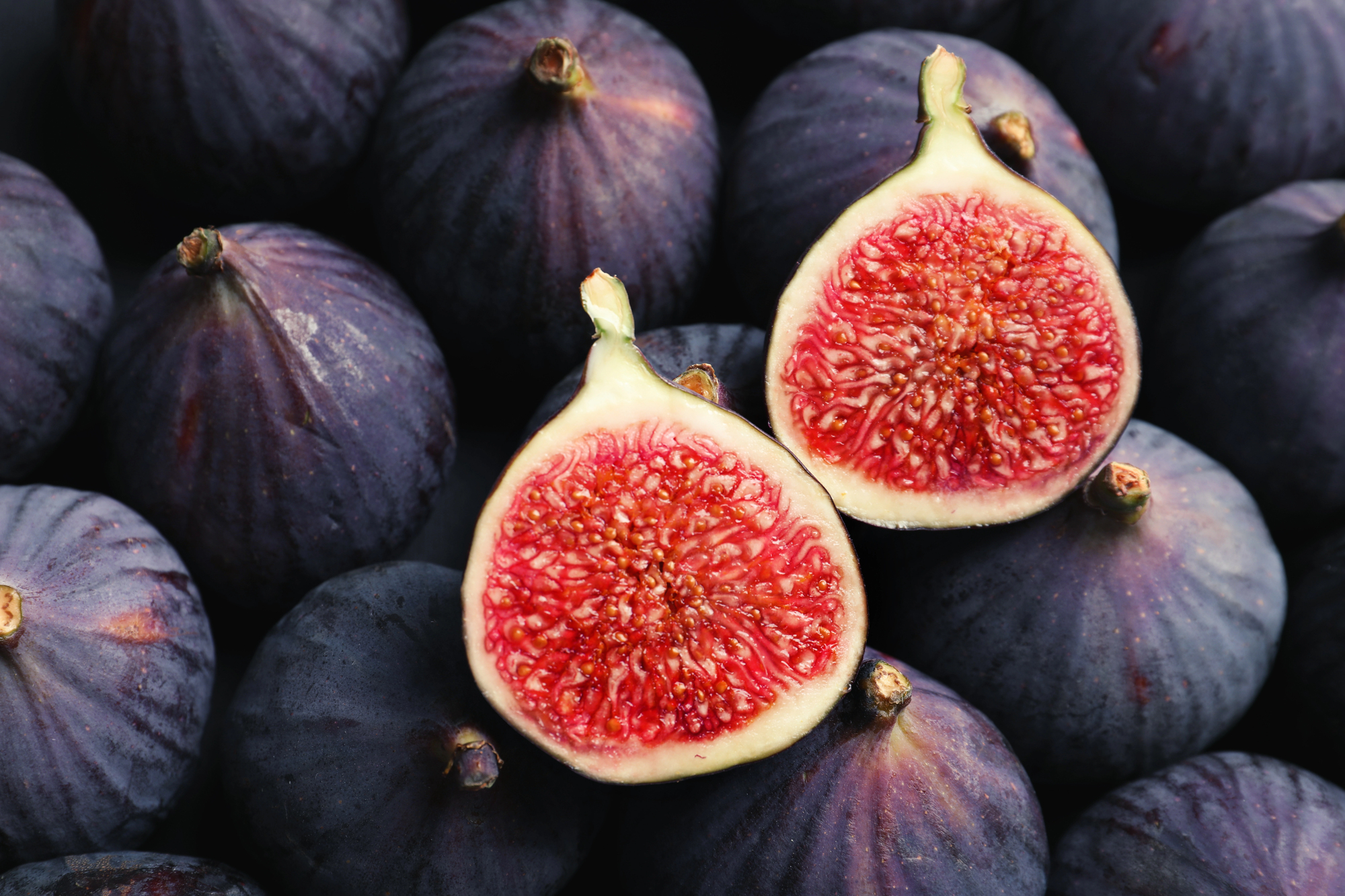
Dried figs are a tasty fruit that pack a calcium punch. You might be surprised to learn that dried figs contain 160 mg of calcium per 100 grams . This makes them one of the top calcium-rich fruits you can eat.
Adding dried figs to your diet is easy and delicious. You can enjoy them as a snack or use them in various recipes.
Here are some ways to incorporate dried figs:
- Mix them into yogurt or oatmeal
- Add them to salads for a sweet crunch
- Use them in baked goods like muffins or cookies
Dried figs are not only high in calcium but also offer other health benefits. They can help boost your immunity and improve your vision.
When shopping for dried figs, look for ones without added sugars. This will ensure you’re getting the most nutritional value from your snack.
Remember, while dried figs are a great source of calcium, they should be part of a balanced diet.
Pair them with other calcium-rich foods like leafy greens and dairy products for optimal health.
Kiwis
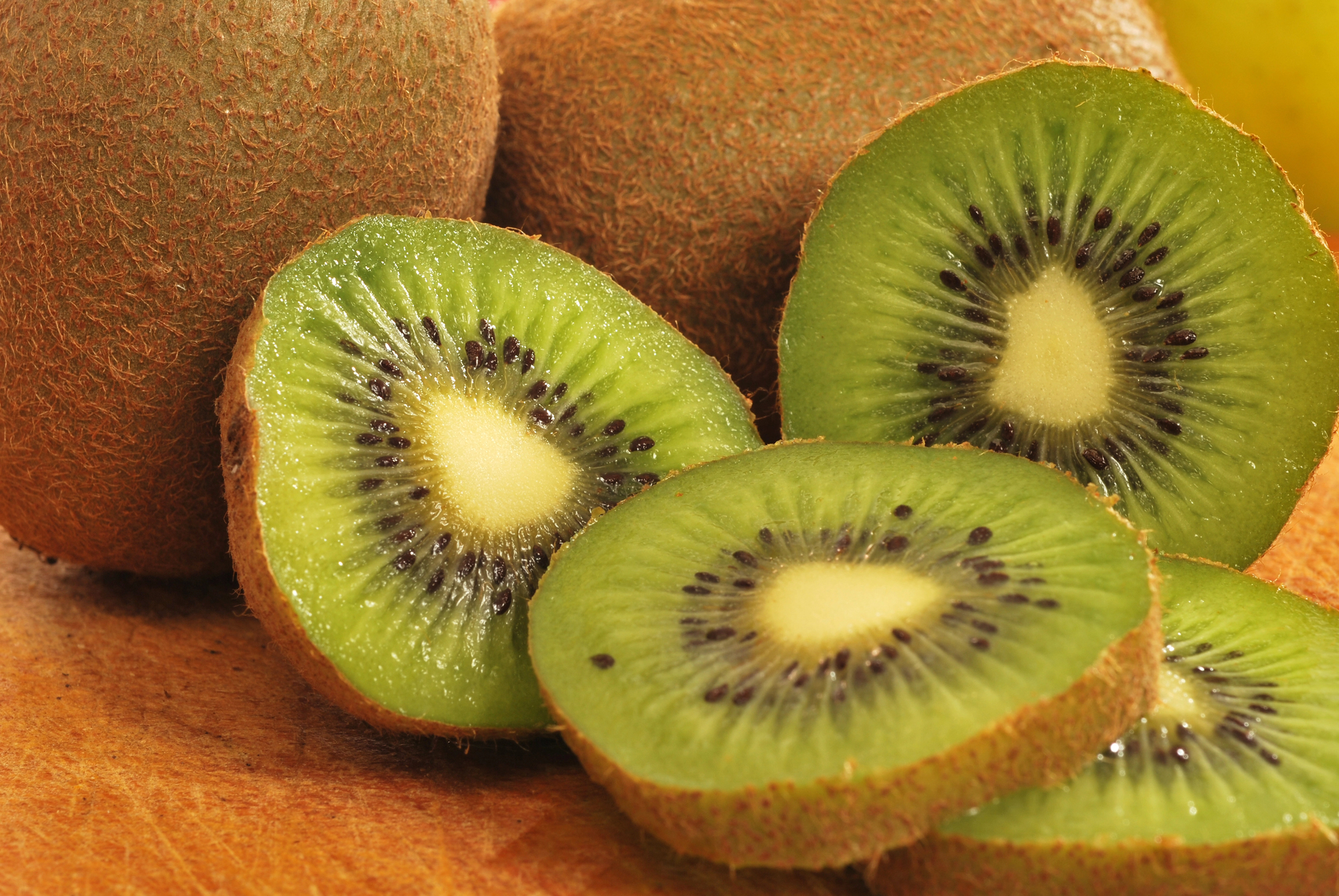
Kiwis are a tasty fruit that can boost your calcium intake. These fuzzy brown fruits with bright green flesh pack a nutritional punch.
Kiwifruit contains about 30 mg of calcium per 100-gram serving. That’s a good amount for a fruit!
You can enjoy kiwis in many ways:
Kiwis aren’t just about calcium. They’re also loaded with vitamin C, fiber, and potassium. These nutrients support your overall health.
Try adding kiwi to your breakfast routine. Cut one in half and scoop out the flesh with a spoon. It’s a quick and easy way to start your day with a calcium boost.
Remember, one cup of kiwi provides about 63 mg of calcium . That’s a significant contribution to your daily needs.
So next time you’re at the grocery store, pick up some kiwis. Your bones will thank you for the extra calcium!
Blackberries
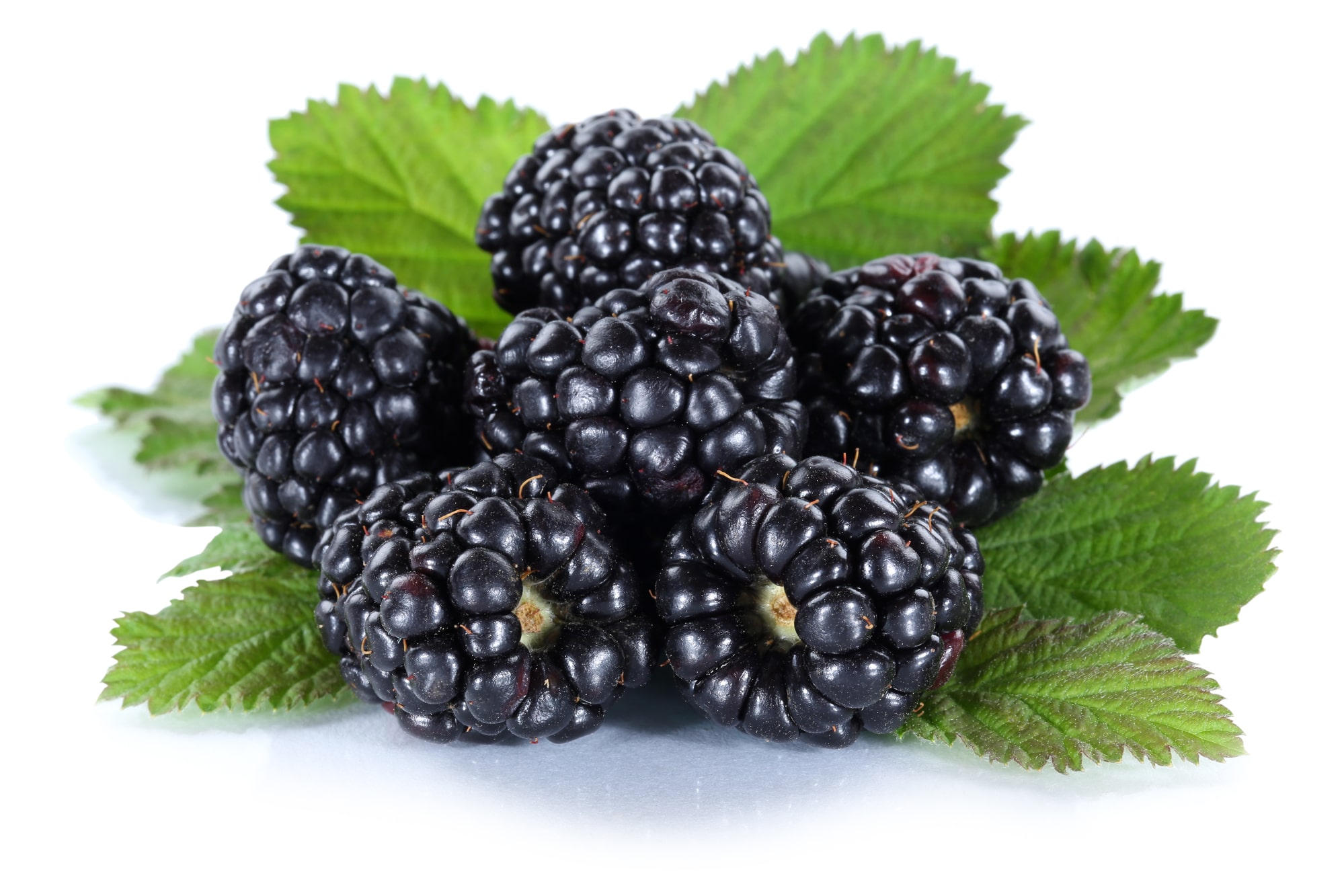
Blackberries are a delicious fruit that can help boost your calcium intake. These tasty berries contain about 25 mg of calcium per 100 grams .
While this may not seem like a lot, every bit counts when it comes to meeting your daily calcium needs.
Adding blackberries to your diet can contribute to your overall calcium intake in a yummy way.
You can enjoy blackberries in many forms:
- Fresh
- Frozen
- In smoothies
- As a topping for yogurt or cereal
Blackberries aren’t just good for calcium. They’re also packed with other nutrients. These berries are rich in vitamin C, fiber, and antioxidants .
Try adding a handful of blackberries to your breakfast or as a snack.
You’ll get a boost of calcium and other important nutrients. Plus, their sweet-tart flavor makes them a treat for your taste buds.
Remember, a typical serving of blackberries is about half a cup to one cup. This gives you a good amount of fruit without overdoing it on sugar.
By including blackberries in your diet, you’re taking a tasty step towards better bone health. Every little bit helps when it comes to calcium intake!
Raspberries

Raspberries are a tasty fruit that can add a pop of flavor to your diet.
While they’re not the highest in calcium, they do contain small amounts of this important mineral.
A cup of raw raspberries provides about 30 milligrams of calcium. This is about 2-3% of your daily calcium needs.
Raspberries are also packed with other nutrients. They’re high in:
- Fiber
- Vitamin C
- Manganese
- Antioxidants
You can enjoy raspberries in many ways. Try adding them to:
- Yogurt or oatmeal
- Smoothies
- Salads
- Desserts
Fresh raspberries are great, but frozen ones work well too. They keep their nutrients when frozen.
While raspberries aren’t a major calcium source, they’re still a healthy choice. They can be part of a balanced diet that includes other calcium-rich fruits .
Remember, every bit of calcium counts. Eating a variety of fruits, including raspberries, can help you meet your calcium needs.
Papayas
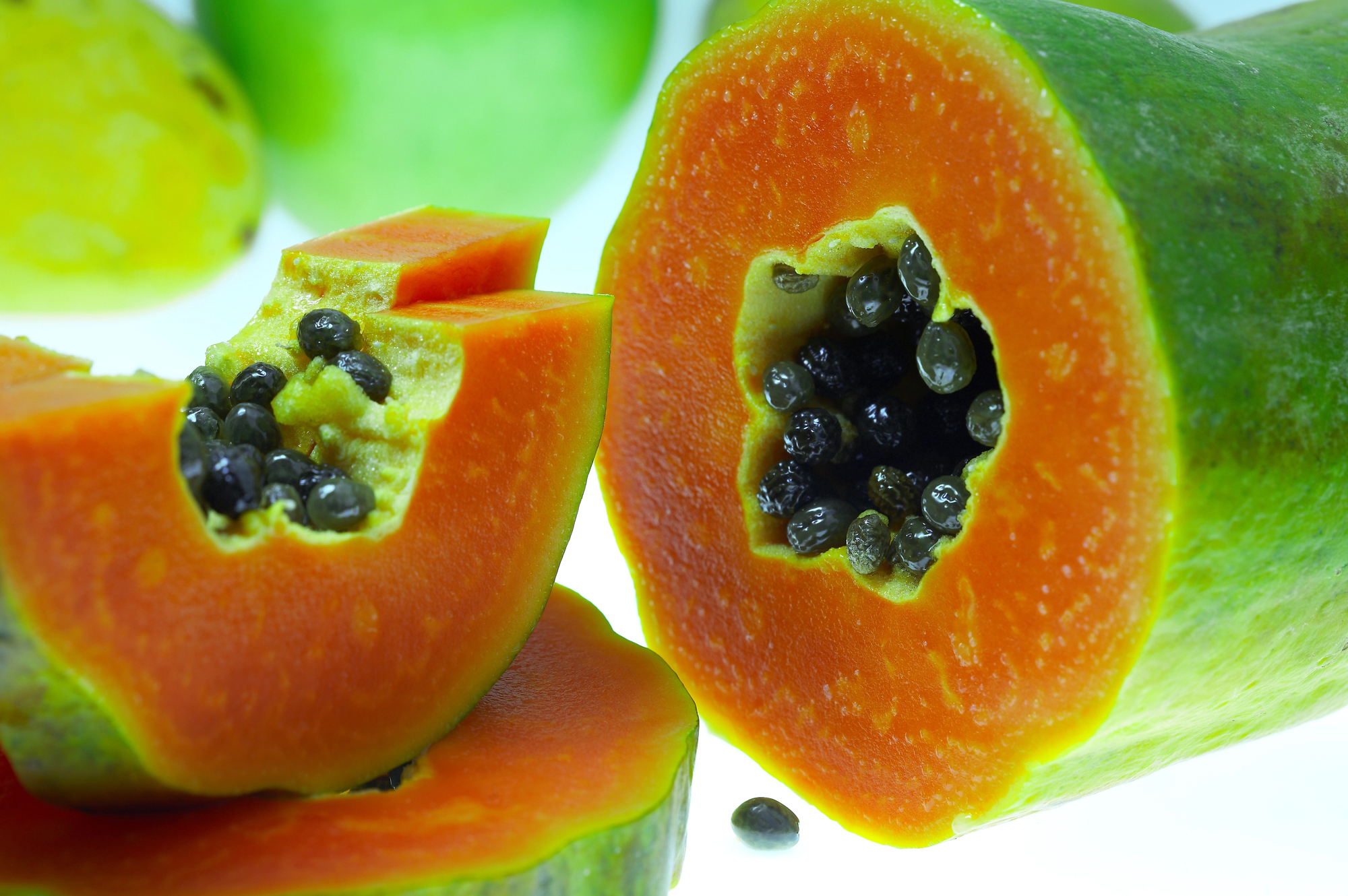
Papayas are a tropical fruit that can help boost your calcium intake. While not as high in calcium as some other fruits, papayas still offer a decent amount of this essential mineral.
A 100-gram serving of papaya contains about 20 milligrams of calcium .
This may not seem like much, but every bit counts when it comes to meeting your daily calcium needs.
Papayas are also packed with other nutrients. They’re an excellent source of vitamin C, providing more than double the recommended daily value .
This vitamin C can help your body absorb calcium more effectively.
You can enjoy papayas in many ways:
- Eat them raw as a snack
- Add them to fruit salads
- Blend them into smoothies
- Use them in desserts
Don’t forget about papaya’s other health benefits. This fruit contains an enzyme called papain that may help with digestion.
It’s also rich in antioxidants, which can support your overall health.
By including papayas in your diet, you’re not only getting a calcium boost but also a range of other valuable nutrients. So why not give this tropical fruit a try?
Strawberries

Strawberries are a tasty fruit that can help you get more calcium in your diet.
While they don’t have as much calcium as some other fruits, they still offer a small amount.
A cup of fresh strawberries gives you about 23 mg of calcium. This may not seem like a lot, but every bit counts towards your daily needs.
Strawberries are also packed with vitamin C. This vitamin helps your body absorb calcium better.
So, eating strawberries can help you get more out of the calcium in other foods too.
You can enjoy strawberries in many ways:
- Eat them fresh as a snack
- Add them to your breakfast cereal
- Mix them into a fruit salad
- Blend them into a smoothie
Strawberries are bright red, juicy, and sweet . They’re low in calories but high in nutrients. This makes them a great choice for a healthy diet.
Try to buy organic strawberries when you can. They often have more nutrients and fewer pesticides.
Wash them well before eating to remove any dirt or germs. Remember, strawberries are best when they’re in season.
They’ll be sweeter and more flavorful. Plus, they’re often cheaper when they’re plentiful.
Mandarins

Mandarins are small, sweet citrus fruits that can add a burst of flavor to your diet.
These tasty oranges also provide some calcium to help keep your bones strong.
A single mandarin orange contains about 47 calories . They’re fat-free and low in sodium, making them a great snack choice.
Mandarins offer several important nutrients:
- Vitamin C: 26% of your daily value
- Magnesium: 2.5% of daily value
- Potassium: 3% of daily value
- Copper: 4% of daily value
While mandarins aren’t as high in calcium as some other fruits, they still contribute to your daily intake.
You can boost your calcium by pairing mandarins with other calcium-rich foods.
Try adding mandarin slices to a yogurt parfait or spinach salad. This combines their natural sweetness with foods higher in calcium.
Mandarins come in many varieties. Some popular types include tangerines, clementines, and satsumas.
Each has a slightly different flavor profile for you to explore.
Remember, eating a variety of fruits and vegetables is key to a healthy diet. Mandarins can be a delicious part of your calcium-rich food choices.
Apricots

Apricots are a tasty fruit that can help you boost your calcium intake. Fresh apricots contain about 15 mg of calcium per 100 grams .
While this may not seem like a lot, every bit counts towards your daily calcium needs.
Dried apricots are an even better source of calcium. They’re a convenient snack you can enjoy anytime.
Dried apricots are more concentrated in nutrients, including calcium.
Here are some ways you can add apricots to your diet:
- Eat them fresh as a snack
- Add sliced apricots to your morning cereal
- Mix dried apricots into trail mix
- Use apricots in baking, like muffins or cakes
Remember, eating a variety of calcium-rich foods is key to maintaining strong bones and teeth.
Apricots can be a tasty part of your calcium-rich diet. Try pairing apricots with other calcium-rich foods for an extra boost.
For example, you could add dried apricots to Greek yogurt for a delicious and nutritious snack.
Avocados
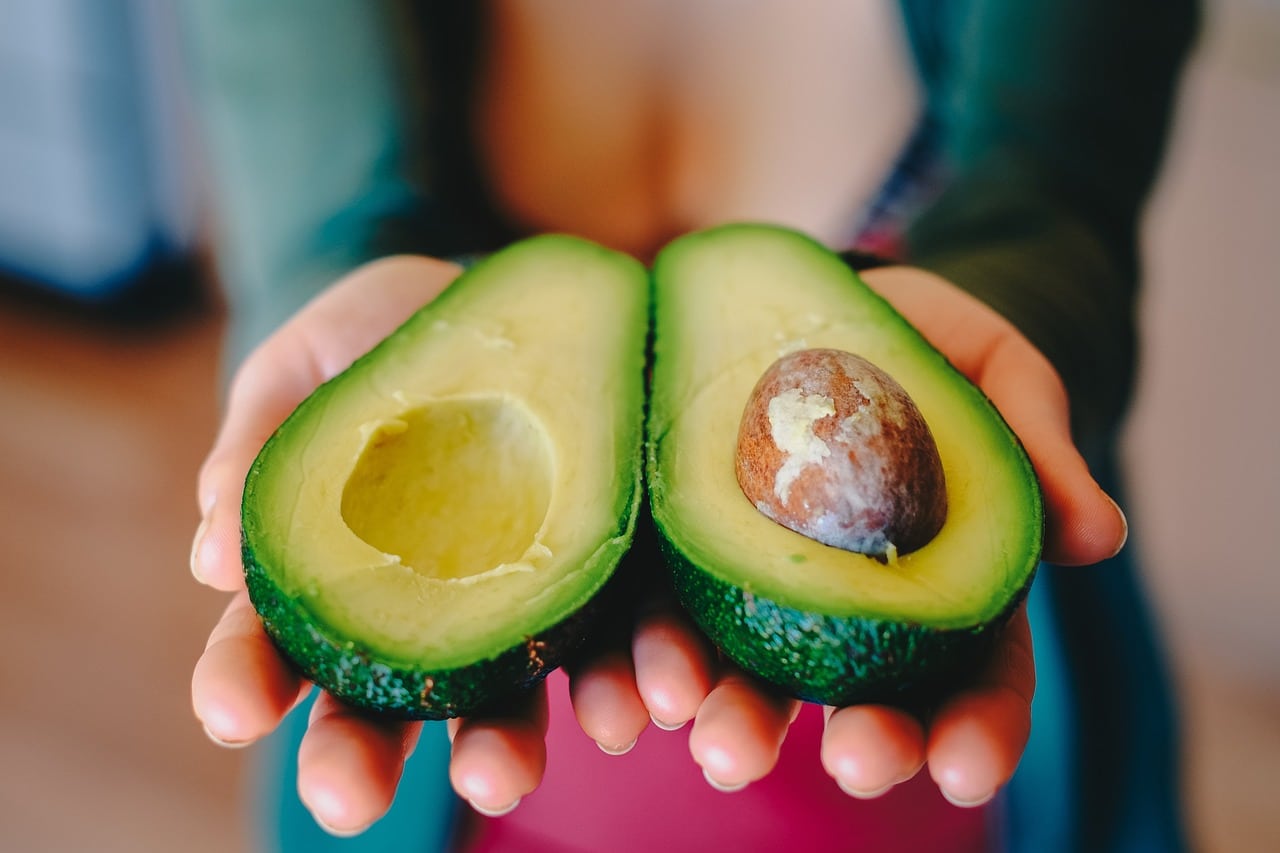
You might be surprised to learn that avocados contain calcium. While not as high as some other fruits, avocados do provide this important mineral.
A whole medium avocado has about 240 calories and offers several nutrients.
Avocados are known for their healthy fats, but they also contain small amounts of calcium.
This creamy fruit can be a good addition to your calcium-rich diet.
Here are some key nutrients found in avocados:
- Monounsaturated fats
- Fiber
- Vitamins (including K, C, and B6)
- Potassium
- Magnesium
While avocados aren’t a major source of calcium, they can still contribute to your daily intake.
Every bit counts when it comes to meeting your calcium needs. You can easily add avocados to your meals.
Try them in salads, smoothies, or as a spread on toast. Their creamy texture makes them versatile in many dishes.
Remember, a balanced diet with various calcium sources is best for your health.
Avocados can be part of that mix, offering not just calcium but many other beneficial nutrients, too.
Guavas
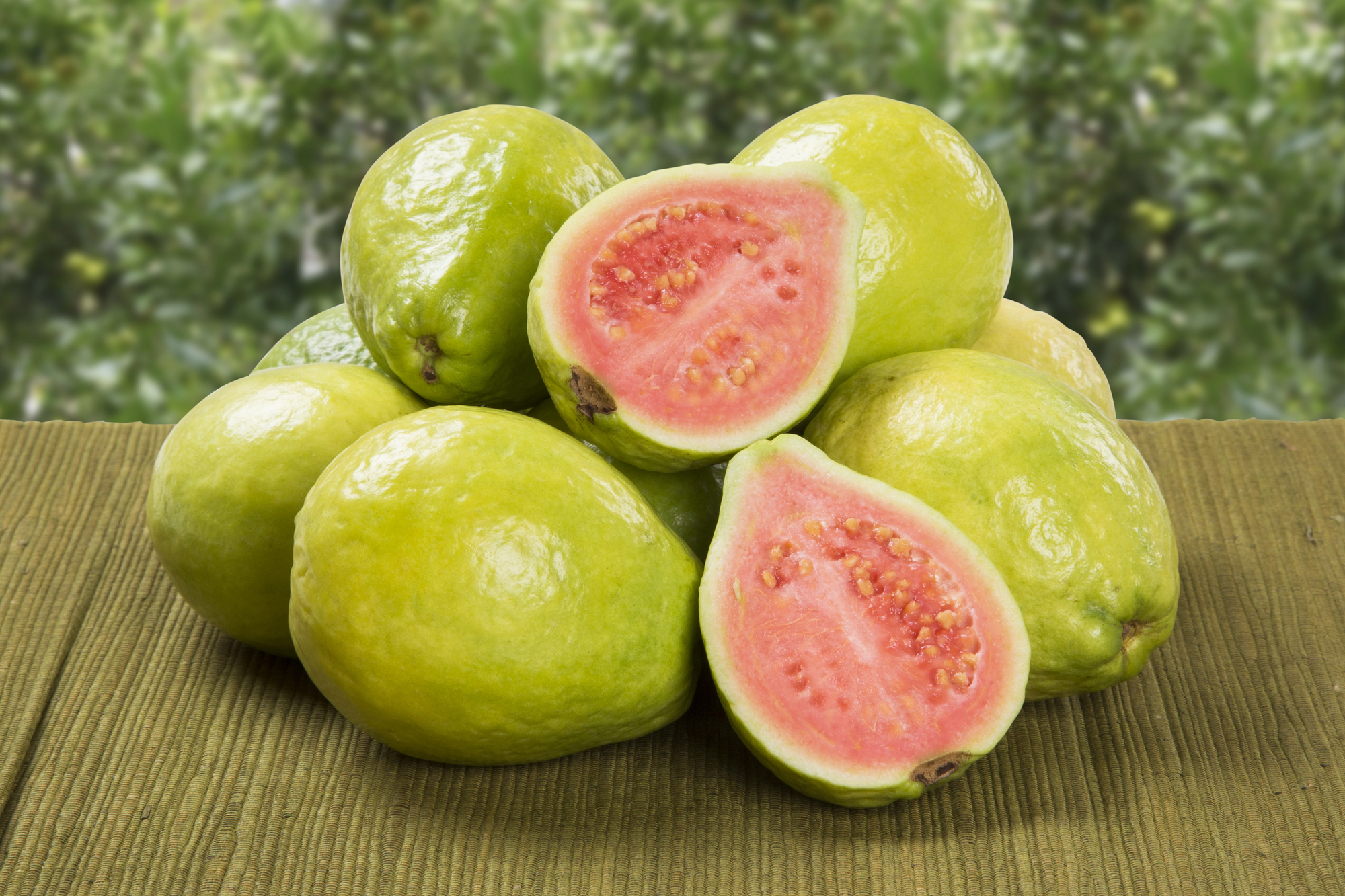
Guavas are a tasty tropical fruit that can help boost your calcium intake.
These sweet and tangy fruits contain 18 mg of calcium per 100 grams .
While not the highest in calcium, guavas offer other great benefits too.
You’ll be happy to know that guavas are packed with vitamin C. This helps your body absorb calcium better. In fact, 100 grams of guava provides 228.3 mg of vitamin C .
Guavas are also rich in other nutrients:
These fruits can be a great addition to your diet. You can eat them whole or add them to smoothies and salads.
They’re low in calories too, making them a smart snack choice. Try incorporating guavas into your meals.
They can help improve your immunity and skin health. If you’re pregnant, the folic acid in guavas is good for you too.
Remember, eating a variety of calcium-rich foods is key. Guavas can be part of a balanced diet to help meet your calcium needs.
Mulberries

Mulberries are a tasty fruit that can help you boost your calcium intake.
These berries are not only delicious but also pack a nutritional punch.
Mulberries contain 39mg of calcium per 100 grams. This makes them a good choice if you’re looking to add more calcium to your diet.
You can enjoy mulberries in many ways:
Mulberries have other health benefits, too. They’re rich in iron, vitamin C, and fiber .
These nutrients can help support your immune system and digestive health.
Try adding mulberries to your breakfast cereal or yogurt for a calcium boost. You can also snack on dried mulberries throughout the day.
Remember, eating a variety of calcium-rich foods is key to meeting your daily needs. Mulberries can be a yummy part of your calcium-rich diet.
Pineapples

Pineapples are a tasty tropical fruit that can help you boost your calcium intake.
While they’re not the highest in calcium, they still offer a decent amount.
A cup of raw pineapple chunks provides 21 mg of calcium . This might not seem like much, but every bit counts towards your daily calcium needs.
Pineapples have other benefits, too. They’re:
- Low in calories
- High in vitamin C
- Rich in manganese
You can enjoy pineapple in many ways. Try adding it to:
- Fruit salads
- Smoothies
- Grilled dishes
Remember, fresh pineapple is best. Canned versions often have added sugars and less nutritional value.
Pineapples also contain bromelain, an enzyme that may help with digestion.
This makes them a great addition to your diet, especially after heavy meals.
While pineapples are good for you , they shouldn’t be your only source of calcium.
Make sure to include other calcium-rich foods in your diet too.




